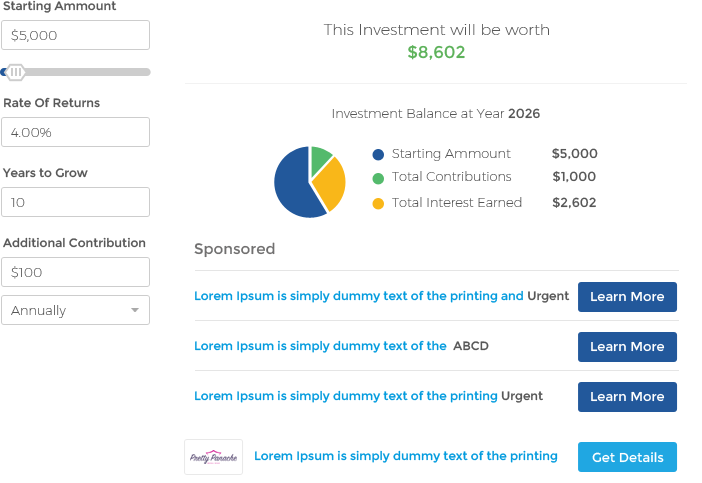08 Sep, 2017
Distributorship
Distributorships work hand in hand with dealers and distribute goods from manufacturers to the consumers. While a dealer sells to retailers or consumers, the distributor can sell to the general public or to several dealers. Distributorships are, therefore, independent selling agents who are contracted by the manufacturer to sell their goods but they do not use the manufacturer’s name. The manufacturer-distributor contract may hinder the distributor to sell goods from any other manufacturer. Distributors are also known as wholesalers.
Once a distributor buys a product from the manufacturer, they then improve it and resell it. In this way, a distributor differs from a wholesaler. The manufacturer does not limit or impose rules regarding the method of operation on the distributor. Distributors help the manufactures of the products they distribute by improving and adding value to the products, providing product inventory, fabrication, providing warranties and servicing the product, product consolidation, marketing the product and providing market feedback.
Distributorships in general require more capital to start than dealerships. They cover a wider area and require the owner to have a better understanding of the product as well as have better business skills. The benefits of a distributorship are many. Due to the fact that distributorships generally specialize in certain areas and do not overlap, there is minimal competition within their area of operation. A franchise distributorship is able to negotiate with the manufacturers for better prices for their goods. They also have stronger product promotion and sales capabilities than independent businesses.
Distributorships have of late been facing some challenges. One of these is in relation to the manufacturer-distributor relationship. A good point in case is the General Motors scenario, when in the early 1990’s General Motors wanted to establish 10% of their dealerships as factory owned.GM was concerned that dealers were stocking more than one brand under their roofs and felt this would interfere with the image of the company’s products. Its distributors on the other hand felt that factory owned dealerships would receive preferential treatment from the company especially in such areas as promotions, service agreements, advertising etc.
Many manufacturers nowadays sell directly to their customers through their websites and via the internet. These websites provide comprehensive information about the company and its products with some having a section for prospective buyers to order for goods directly through the website. This would of course mean less business for the distributors. To surmount this hurdle, distributorships have been setting up their own individual websites. Manufactures can also direct their customers to the distributors via their websites.
Related Posts
08 Oct, 2018
Starting a Business in Nevada
The 7th most extensive, the 34th most populous, bu...
Know More
01 Oct, 2018
Starting a Business in Missouri
Being the 18th-most populous state of the Union, M...
Know More
25 Sep, 2018
Opening a Business in Michigan
Before starting working on the process of starting...
Know More
20 Aug, 2018
Tips to Starting a Business in Maine
Situated in the northeastern region of the United ...
Know More
19 Aug, 2018
Steps to Starting a Business in Kansas
Situated in the heart of the United States, Kansas...
Know More

How will your Savings ?



